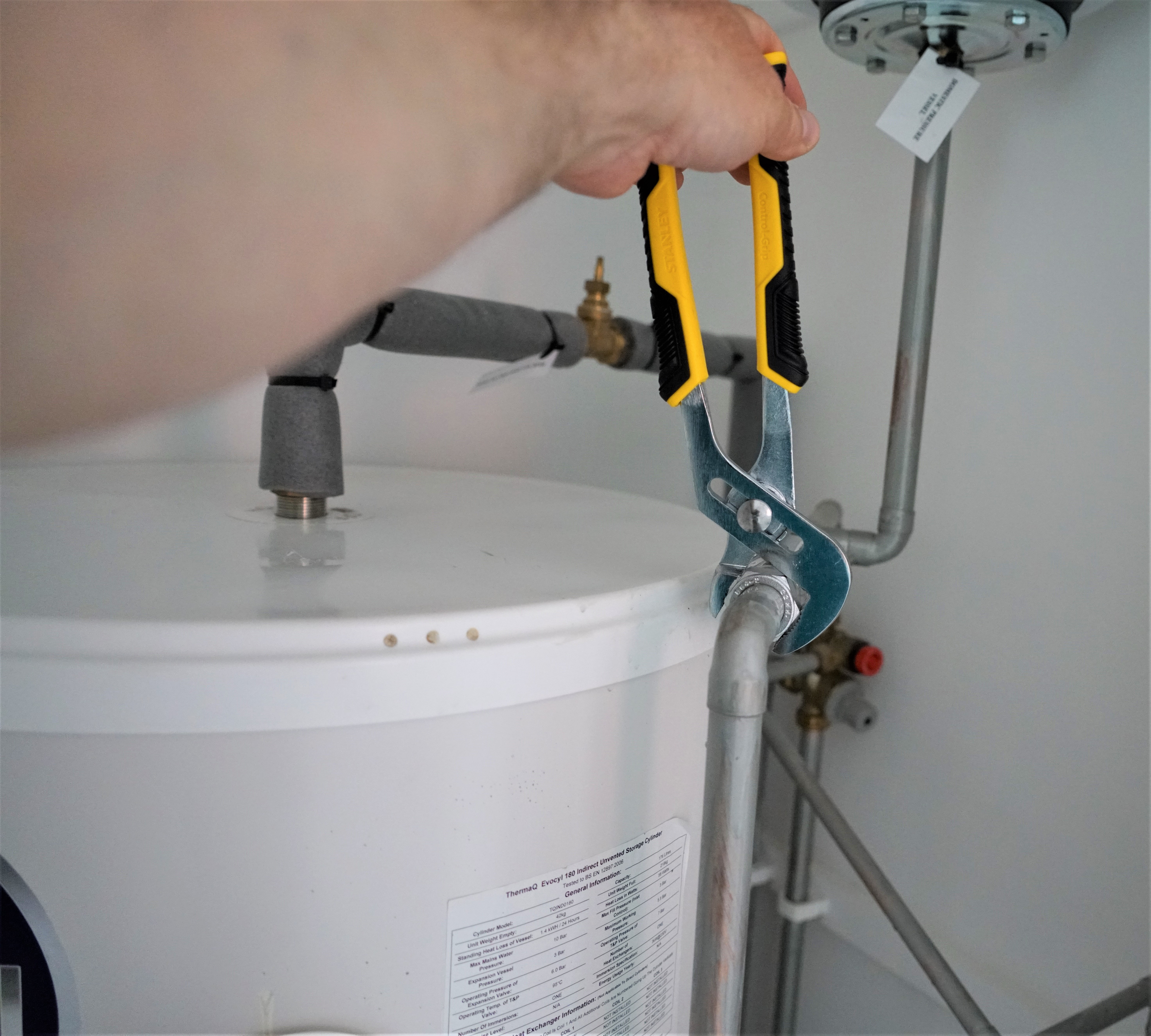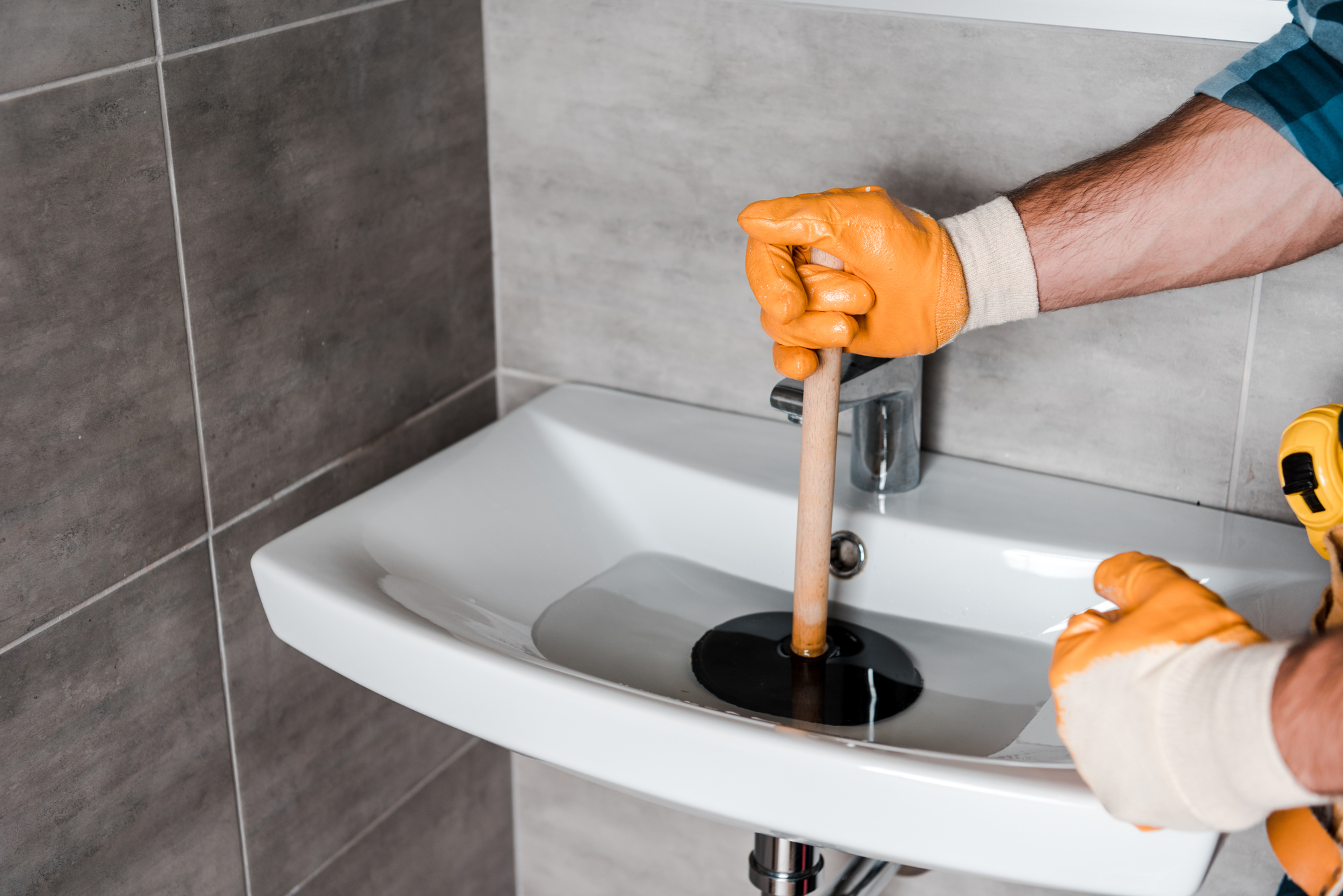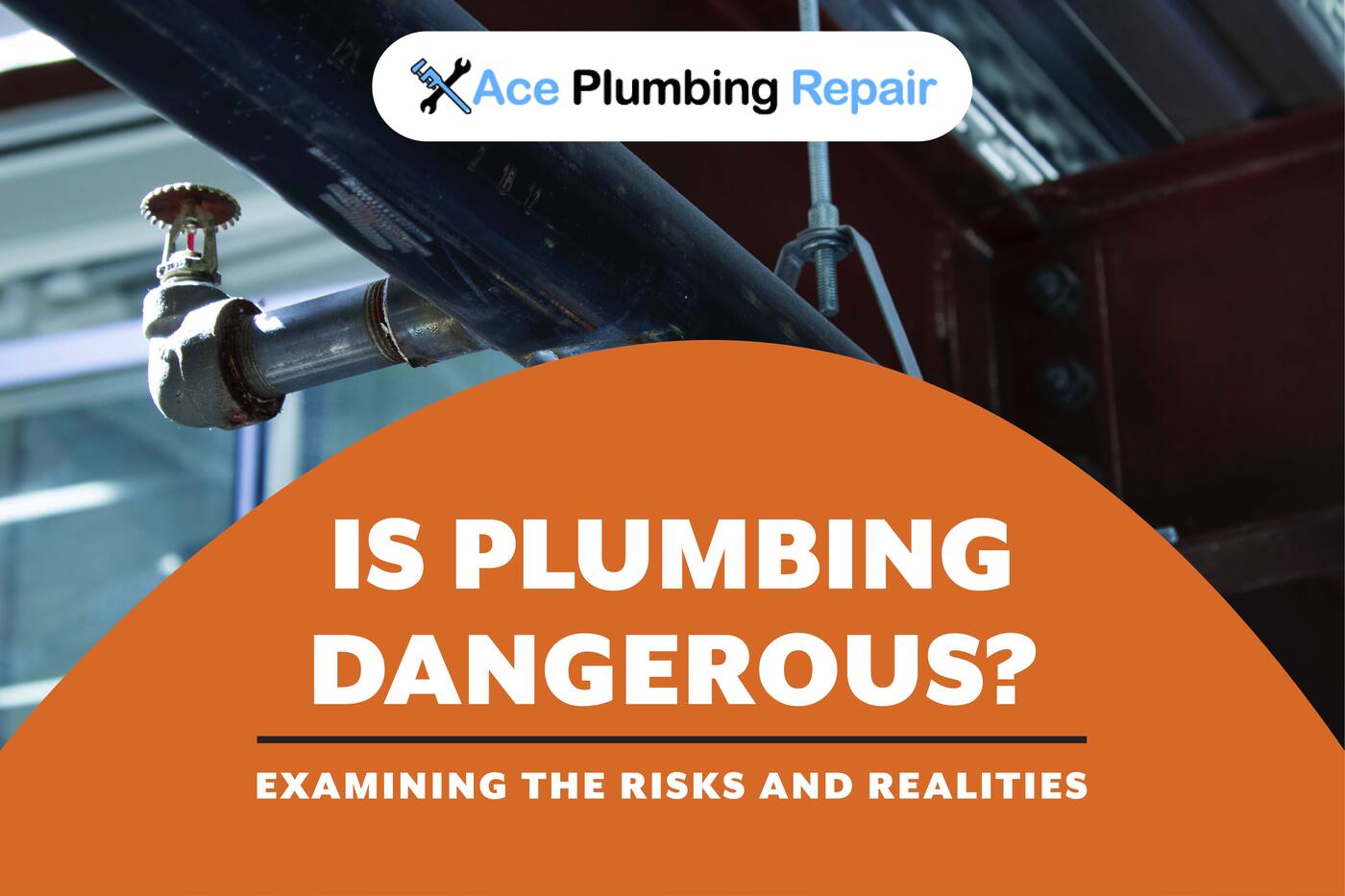Plumbing can pose dangers due to exposure to harmful substances, such as sewage and toxic chemicals. Inadequate ventilation may lead to respiratory issues. Improper handling of tools or machinery can cause injuries, and the risk of burns exists when working with hot water systems. Additionally, the potential for water damage and mold growth poses health risks. Gas leaks in plumbing systems may result in explosions or carbon monoxide exposure. While proper precautions and expertise mitigate these risks, plumbing work demands caution and adherence to safety measures. In this blog we will try to figure out is plumbing dangerous?
What is plumbing?
Plumbing is a crucial system in any residential, commercial, or industrial building, involving the installation, maintenance, and repair of piping, fixtures, and equipment used for water distribution and wastewater disposal. Here’s a breakdown of what plumbing encompasses:
Water supply:
Plumbing ensures that clean, potable water is delivered to homes and buildings. This includes the network of pipes that bring water from the municipal supply or other sources, such as wells, into the building.

Waste disposal:
Equally important is the removal of wastewater. Plumbing systems transport used water and waste away from the building to sewage treatment facilities or septic systems.
Heating and cooling systems:
Plumbing also includes heating systems like boilers and radiators, and can be involved in cooling systems, especially where water is used as a coolant.
Installation of fixtures:
Plumbers install fixtures like sinks, toilets, showers, and bathtubs, which are essential for the daily use of water in buildings.
Repair and maintenance:
Regular maintenance of plumbing systems is crucial to prevent leaks, bursts, or blockages. Plumbers diagnose and repair issues, ensuring systems operate efficiently and safely.
Compliance with codes and standards:
Plumbing must adhere to local building codes and standards, ensuring safe and effective water use and waste disposal.

Modern civilization relies on plumbing to manage water and waste for health, sanitation, and convenience. System safety, efficiency, and reliability need technical skills and understanding.
The adventures of being a plumber
Plumbing is a trip full of twists and turns, physically and metaphorically. As finding concealed leaks and blockages becomes a daily task, it requires problem-solving abilities like a detective.
The day begins with a call that could lead anywhere, from a cozy home with a dripping faucet to a bustling commercial space with a plumbing emergency.
Each assignment is a unique puzzle waiting to be solved, with the satisfaction of restoring water flow or fixing a broken system.
Yet, the life of a plumber isn’t without its challenges, from cramped crawlspaces to surprises behind walls.
It’s a career that demands expertise, resilience, and a willingness to get your hands dirty. Join us as we dive into the highs, lows, and unexpected adventures of those who keep our pipes flowing smoothly.
Is plumbing dangerous?
Plumbing can be dangerous due to risks like exposure to harmful substances, working in tight spaces, and handling hot or pressurized pipes. However, with proper training, safety equipment, and precautions, plumbers can significantly reduce these risks.
Why safety is important in plumbing
Safety is a big deal in plumbing. Plumbers wear special clothes, like gloves and boots, to protect themselves. They also learn a lot about how to work safely with tools and pipes. By being careful and smart, plumbers make sure they stay safe while keeping our water running smoothly. Safety is crucial in plumbing for several key reasons:
Prevention of injuries:
Plumbing work often involves handling heavy materials, sharp tools, and operating in confined spaces. Safety measures help prevent injuries like cuts, burns, and musculoskeletal disorders.
Avoidance of health hazards:
Plumbers are exposed to hazardous substances such as lead, asbestos, mold, and sewage. Proper safety protocols minimize the risk of exposure to these harmful materials, protecting plumbers from serious health issues.
Mitigation of work-related accidents:
The use of safety equipment and adherence to best practices reduce the likelihood of accidents, such as falls from heights, electrical shocks, and pipe bursts.
Ensuring quality of work:
Safe practices in plumbing not only protect the workers but also ensure the quality and reliability of the plumbing systems installed or repaired. This is crucial for the long-term safety and health of the building occupants.
Compliance with legal requirements:
Observing safety standards in plumbing is often mandated by law. Non-compliance can lead to legal repercussions, fines, and suspension of work licenses.
Professional reputation:
Maintaining a high standard of safety reflects well on a plumber’s professionalism and reliability, which is important for their reputation and career progression.
Safety in plumbing is essential to protect the well-being of plumbers, ensure high-quality work, comply with legal standards, and maintain a positive professional reputation.
What you should be learning from a plumber?
Learning from plumbers offers valuable insights and skills that can be applied in various aspects of life, beyond just understanding plumbing systems. Here are some key lessons and skills one can gain from observing and engaging with plumbers:
- Problem-solving skills: Plumbers often face unexpected challenges and must devise effective solutions, teaching valuable problem-solving techniques.
- Technical knowledge: Gaining knowledge about plumbing systems enhances understanding of essential home maintenance and water management.
- Attention to detail: Precision is key in plumbing, and observing plumbers can improve one’s attention to detail, beneficial in many tasks.
- Safety awareness: Plumbers are well-versed in safety protocols, offering lessons in maintaining safety in different environments.
- Physical skills and dexterity: Plumbing requires physical tasks that can enhance hand-eye coordination and general dexterity.
- Resource management: Observing how plumbers manage materials and time offers insights into efficient resource management.
- Customer service skills: Plumbers often interact directly with clients, developing strong communication and customer service skills that are useful in various sectors.
Learning from plumbers can provide a broad range of skills and knowledge, from technical and physical skills to problem-solving, safety, and environmental awareness, all of which are transferable to many areas of life and work.
FAQs
What is the negative of being a plumber?
A major downside of being a plumber can be the physical strain it places on the body. Regularly working in tight, awkward spaces and handling heavy materials can lead to musculoskeletal issues over time.
Is plumbing bad for your body?
Plumbing can be physically demanding and potentially harmful if proper safety measures aren’t followed. Regular heavy lifting, exposure to harmful chemicals, and working in challenging positions can pose risks to physical health.
What is the hardest thing about plumbing?
One of the most challenging aspects of plumbing is diagnosing and solving complex problems in systems that are often hidden or difficult to access, requiring a high level of skill, patience, and problem-solving ability.
Conclusion
In conclusion, the question is plumbing dangerous? reveals a profession with inherent risks, yet one that is fundamentally manageable and safe with the right precautions. While plumbers face challenges like exposure to hazardous materials and demanding physical work, the industry’s focus on safety training and equipment significantly mitigates these dangers. Thus, while plumbing has its risks, they are largely controllable, making it a viable and safe profession for those who are properly trained and equipped. The dangers present are a reminder of the importance and skill involved in this essential trade.






